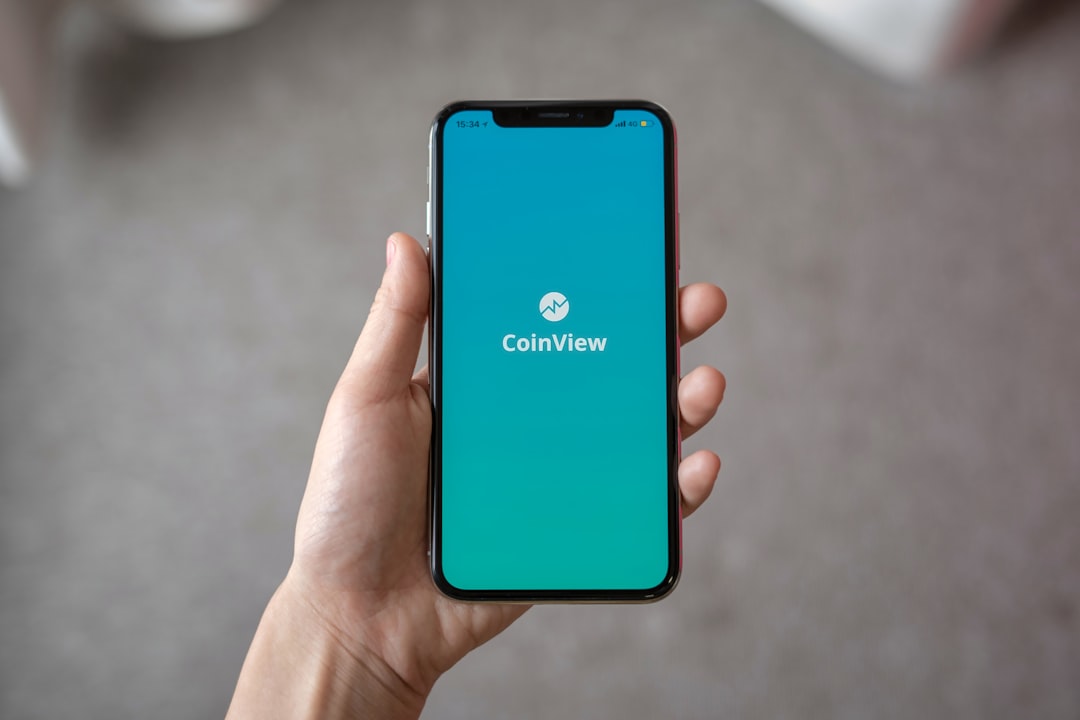Multi-channel marketing firms in Nashville, Tennessee, must navigate stringent Do Not Call laws enforced by the state's Spam Call law firm to avoid fines and protect customer trust. Key compliance strategies include obtaining explicit consent, providing clear opt-out mechanisms, and promptly validating consumer requests across landlines, mobiles, email, and social media. Effective Do Not Call lists are built through accurate data sources, regular updates, segmentation, and validation. Technology solutions like analytics, automated call routing, and AI behavior analysis personalize campaigns while ensuring legal adherence. Case studies from local businesses highlight successful strategies, demonstrating the adaptability of Do Not Call practices in a competitive market, with a focus on preserving customer relationships under the Spam Call law firm Tennessee regulations.
In Nashville, as across Tennessee, strict Do Not Call laws aim to curb spam calls. For multi-channel marketers, navigating these regulations is crucial to avoid penalties and maintain customer relations. This article guides businesses through understanding Tennessee’s Do Not Call laws from a marketing perspective, identifying opt-outs, building compliant lists, leveraging data management technology, and showcases successful local strategies. Learn how to balance marketing efforts with legal obligations, avoiding the pitfalls of spam call law firms in Tennessee.
Understanding Tennessee's Do Not Call Laws: A Multi-Channel Marketing Perspective

In Nashville, as across Tennessee, adhering to state Do Not Call laws is paramount for multi-channel marketing firms aiming to avoid legal repercussions and maintain customer trust. The Spam Call law firm in Tennessee strictly regulates telemarketing practices, including calls made via landlines, mobile phones, and digital channels like email and social media. Understanding these regulations involves grasping the nuances of consumer consent, opt-out mechanisms, and time frames for compliance.
Multi-channel marketers must be meticulous about obtaining explicit permission from recipients before initiating contact. This includes providing clear, concise opt-out options in all marketing materials and respecting individual choices promptly. Failure to comply with Tennessee’s Do Not Call laws can result in substantial fines and damage to a firm’s reputation. Thus, staying informed about local regulations is crucial for maintaining ethical practices and ensuring long-term success in the Nashville market.
Identifying and Validating Opt-Out Requests in Various Channels

Identifying and validating opt-out requests is a critical aspect of navigating Do Not Call compliance, especially in multi-channel marketing strategies. With Nashville’s evolving regulatory landscape, businesses must be vigilant in ensuring they respect consumer choices across various communication channels. Opt-out requests can come in diverse forms—whether through phone calls, text messages, email, or social media interactions—and each channel has its own set of rules and best practices for handling them.
For instance, Tennessee’s Spam Call law firm regulations require immediate action when a consumer opts out. Marketers must implement robust systems to capture and verify these requests, often through dedicated opt-out forms or links, ensuring data accuracy and integrity. Proper validation involves cross-referencing with customer databases, updating records, and employing automation tools to streamline the process, thereby minimizing the risk of non-compliance and related legal repercussions.
Building a Robust Do Not Call List: Best Practices for Nashville Marketers

Building a robust Do Not Call list is essential for Nashville marketers navigating the complexities of multi-channel marketing and complying with Tennessee’s Spam Call laws. The first step involves implementing opt-in mechanisms across all communication channels, ensuring customers clearly indicate their consent to receive marketing messages. This includes providing easily accessible opt-out options on websites, social media platforms, and physical forms. Regularly updating and segmenting the list is crucial; remove inactive numbers and prioritize active contacts who have engaged with previous campaigns.
Best practices also dictate using accurate data sources and validating phone numbers to minimize errors and false positives. Marketers in Nashville should leverage advanced analytics tools that help identify patterns and trends among subscribers, allowing for more targeted and compliant marketing strategies. Moreover, maintaining transparency and respecting customer preferences are key; promptly remove numbers from the list if a subscriber requests cessation of communication, reinforcing your firm’s commitment to ethical marketing practices.
The Role of Data Management and Technology in Compliance Success

In the realm of multi-channel marketing, effective compliance with the Do Not Call laws is non-negotiable, especially in a bustling city like Nashville. Data management and technology play pivotal roles in ensuring success. By leveraging sophisticated data analytics tools, marketing teams can accurately identify and respect consumer preferences, thereby avoiding the pitfalls of spam calls. This involves segmenting customer databases, tracking opt-out requests, and implementing robust opt-in mechanisms to ensure compliance across all channels, from email and text messages to social media and telephone marketing.
Technology solutions, such as automated call routing systems and AI-driven consumer behavior analysis tools, enable marketers in Tennessee to personalize campaigns while adhering to legal requirements. These tools not only streamline compliance processes but also enhance customer satisfaction by delivering targeted, relevant messaging. In the context of the Spam Call law firm Tennessee, where stringent regulations are in place, embracing data management and technology best practices is essential for marketing success while maintaining consumer trust.
Case Studies: Effective Do Not Call Strategies for Local Businesses

Local businesses in Nashville, like any other city, face unique challenges when it comes to compliance with the Spam Call laws. A robust Do Not Call strategy is essential to avoiding legal issues and maintaining customer relationships. Case studies from around Tennessee highlight several effective strategies. For instance, a small coffee shop successfully reduced unwanted calls by implementing an opt-in system for marketing messages, offering incentives for sign-ups, and ensuring all employees were trained on the importance of respecting customer preferences.
Another successful approach involves leveraging multi-channel marketing while adhering to Do Not Call regulations. A local law firm in Nashville found that combining email newsletters with targeted social media campaigns resulted in higher engagement rates without triggering spam complaints. By segmenting their audience and personalizing communications, they maintained compliance and saw a significant boost in client retention. These real-world examples demonstrate the adaptability of Do Not Call practices to fit the multi-channel marketing landscape.






